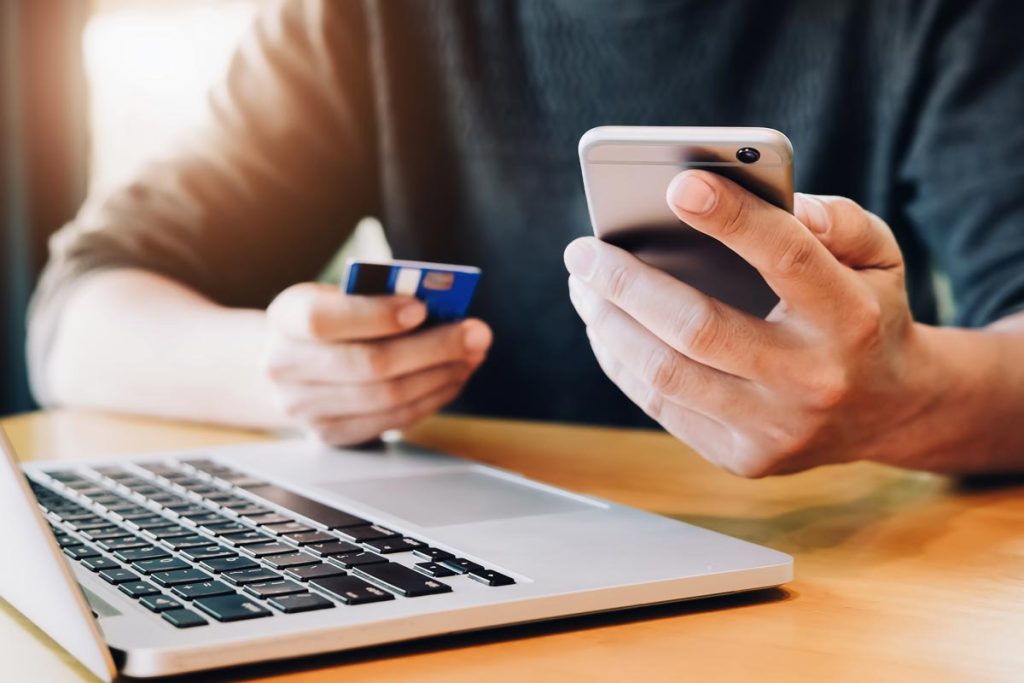
Mobile money services are connecting millions of unbanked and underbanked populations in the region to digital financial services

The railways were to Europe what the smartphone is now to the Middle East and Africa (MEA). In the nineteenth and twentieth centuries, Europe experienced an economic and social revolution enabled by the ability of manufactured goods and people to travel great distances quickly and cheaply.
Now the smartphone is making tracks across the MEA region, forging new routes to previously out-of-reach opportunity, and empowering people irrespective of country to gain access to knowledge and services – from healthcare, education to financial services – sparking a new economic and social revolution set to elevate the daily lives of hundreds of millions across the region.
Take financial services, for example. Originally, the smartphone became popular because it combined the advantages of telephony with music and a camera for snaps and videos.
But thanks to fintech, new alternative mobile payment models and wallet functions have become a financial inclusion game-changer for the region with 1 billion smartphone users, of which 800 million are severely underbanked.
Access to credit can be extremely hard to come by for those in the Middle East and Africa who do not have a bank account and hence no transaction history for lenders to assess financial behaviour.
Likewise, making payments for most digital services – think shopping, online learning courses or even a streaming subscription – is impossible without a debit or credit card.
In today’s digital age, cash-only consumers ask themselves how do they pay for digital services like a streaming service subscription, food delivery or order online a gift for a relative living in another city or country?
A solution such as a multi-featured mobile payment card accessible to all and that caters for every use would answer the growing needs of the under-banked, as well as contribute to the wider shift from cash-only to cashless societies that many regional governments are now committed to.
Today, the old analogue system of banking, heavily reliant on paper records and physical services, is being turned upside down.
Those previously with limited access to formal financial services are now able to make or receive payments immediately, purchase subscriptions and make international transfers in minutes, simply through their smartphones.

Smartphone applications in edu-tech and health-tech
Another example of smartphones unlocking new potential for millions can be seen in the rise of edutech and healthtech. These service sectors, apart from representing basic human rights to education and healthcare, are two pillars of growth for economic prosperity, personal liberation and meritocracy.
Yet if someone wants medical advice or to access healthcare services online, they will have to pay for it. So the question remains how they do that, without a credit card or bank account?
Likewise for education, be it online tutorials, educational video subscriptions or digital books, all of these remain out of reach for people without access to formal online payment methods.
Solutions such as virtual and physical payment cards, not linked to any bank account, will enable millions in MEA with smartphone and internet connections to access online education anywhere in the world.
While the infrastructure in emerging markets is not fully developed, mobile money services are already connecting millions of unbanked and underbanked populations in the region to digital financial services.
The emergence of fintech platforms addressing the specific needs of the unbanked in the MEA region is also seeing what are effectively platforms acting as ‘smartphone digital transaction accounts’ for the financially underserved.
The potential is massive, in a region with a population of over 2 billion and 1 billion smartphones, enabling people without a bank account or credit history access to financial services from digital payment cards, multi-currency wallets and remittance services, to insurance and micro-lending – all at the touch of a button.
The benefits for both consumers and businesses are not just material but also transformative – providing the catalyst for small businesses to grow, while fostering financial inclusion across the region.
The scale of the market opportunity is huge: the MEA region has a fast growing, tech-savvy population. Despite this, no multi-billion-dollar fintech company, such as Revolut (Europe), Chime (North America), Nubank (Latin America) or Ant Financial (Asia) has built the equivalent in MEA region.
With a growing digital penetration across the region, the opportunities for smartphones to continue to fuel financial and social transformation are endless. Rather like the railways did over a century ago.
